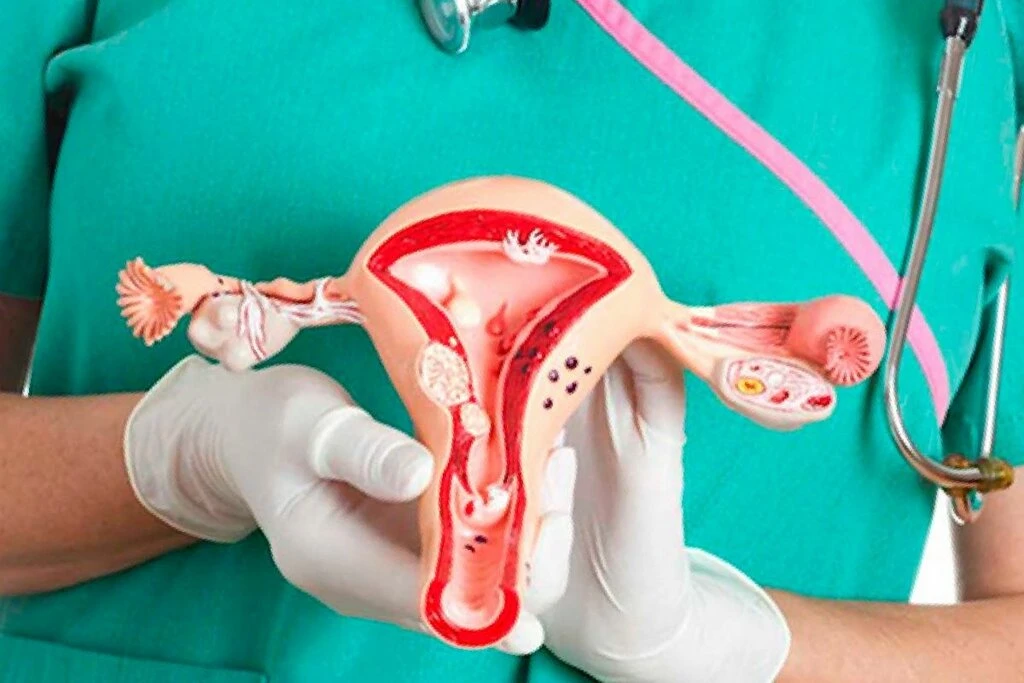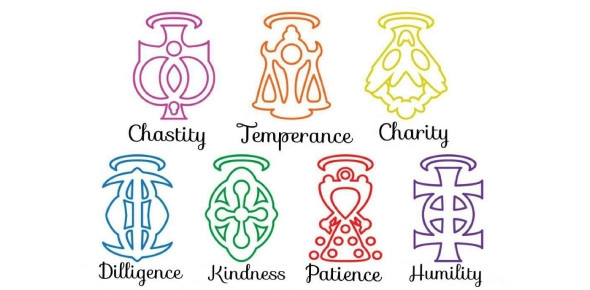
Wondering if you might have endometriosis? Take our comprehensive Endometriosis Risk Quiz to assess your symptoms and understand your potential risk levels. Empower yourself with knowledge and take the first step towards better health today!
Questions and Answers
What's inside the Assess Your Risk: Do You Have Endometriosis? Take Our Quiz! quiz
How often do you experience pelvic pain?
How regular are your menstrual cycles?
Do you experience heavy menstrual bleeding?
Have you been diagnosed with infertility?
Do you experience pain when urinating or having bowel movements during menstruation?
Do you suffer from chronic fatigue?
Have you noticed any gastrointestinal issues during your cycle?
Do you experience lower back pain during your period?
Do you experience mood swings or emotional changes during your menstrual cycle?
Have you undergone any diagnostic tests for endometriosis?
Have you noticed any changes in your bowel habits during your periods?
Do you experience headaches or migraines during your menstrual cycle?
Have you noticed any changes in your appetite during your menstrual cycle?
Do you experience swollen or tender breasts during your menstrual cycle?
Do you experience any digestive issues unrelated to your menstrual cycle?
Do you experience any unusual fatigue or weakness outside of your menstrual cycle?
Have you experienced any fluid retention or bloating during your menstrual cycle?
Do you experience any unusual cravings during your period?
Have you experienced anemia or low iron levels?
Do you experience a general sense of discomfort or malaise during your menstrual cycle?
Do you experience any abnormal tearfulness or depression during your cycle?
Quiz description
Understanding Endometriosis and Its Symptoms
Endometriosis is a chronic condition that affects millions of women worldwide. It involves the growth of tissue similar to the lining inside the uterus, but outside of it, leading to pain and other complex symptoms. Recognizing the signs early can significantly impact the management and treatment of the condition.
Why Take the Endometriosis Risk Quiz?
Our comprehensive quiz is designed to help you identify potential indicators of endometriosis. While it doesn't replace a professional medical diagnosis, it's a valuable tool for increasing your awareness and understanding of your symptoms.
Key Indicators Assessed
- Pain Patterns: Understanding the frequency and intensity of pelvic pain.
- Menstrual Irregularities: Identifying any unusual changes in your menstrual cycle.
- Associated Symptoms: Recognizing other related symptoms like fatigue, gastrointestinal issues, and more.
How the Quiz Works
With a series of carefully curated questions, the quiz evaluates various aspects of your health and symptoms. Based on your responses, you'll receive an assessment of your potential risk levels, guiding you on whether to seek further medical advice.
Take Control of Your Health
Living with unexplained pain and other symptoms can be challenging. By taking our Endometriosis Risk Quiz, you're taking the first step towards understanding your body better. Empower yourself with knowledge and take proactive measures for your well-being.
Next Steps After the Quiz
- Consult a Healthcare Professional: If the quiz indicates a moderate to high risk, consider scheduling an appointment with a specialist.
- Keep a Symptom Diary: Documenting your symptoms can provide valuable information for your healthcare provider.
- Seek Support: Connecting with others who understand what you're going through can offer emotional and practical support.











